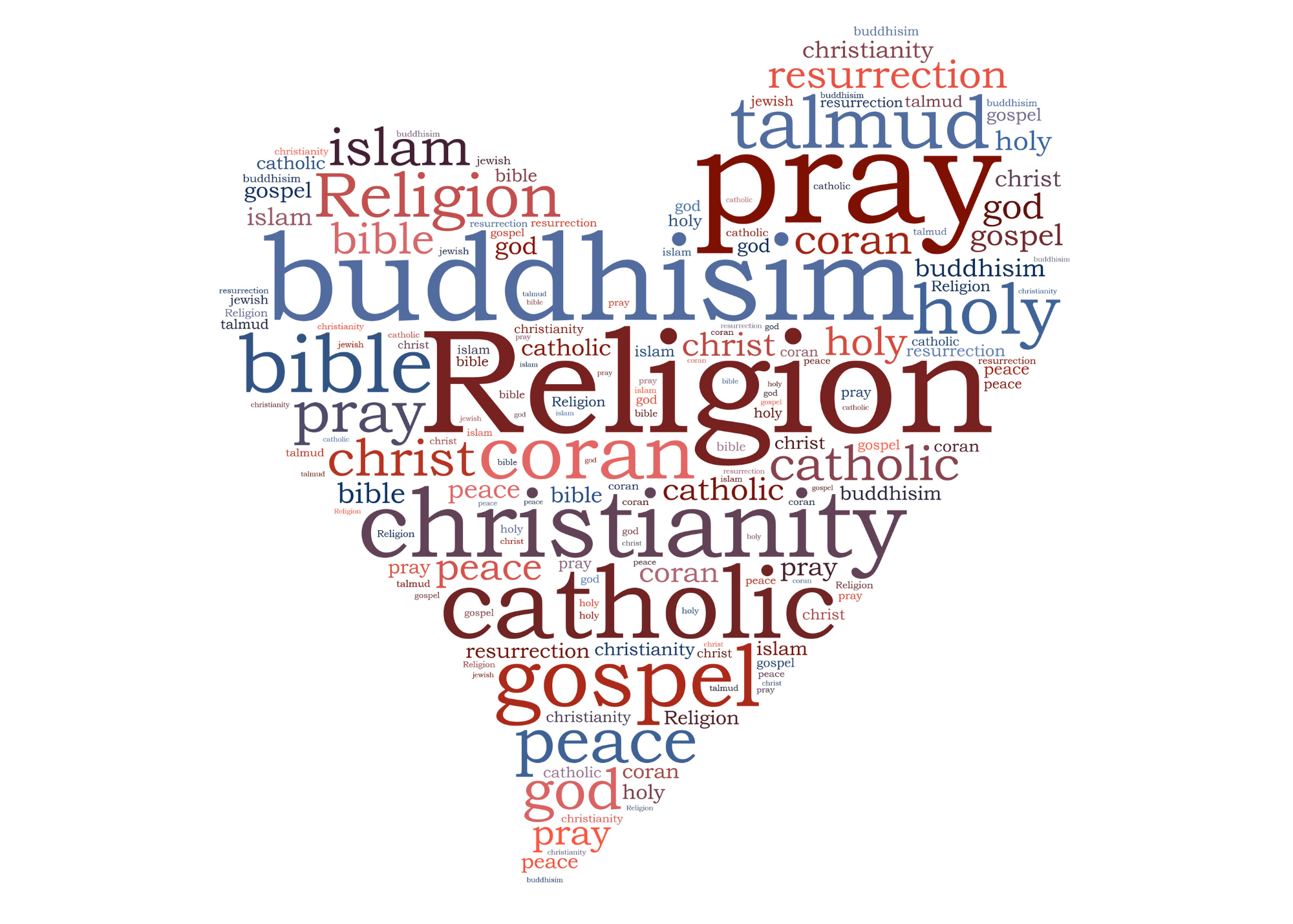RE

Husbands Bosworth is a Church of England School and we believe that our children learn from, and about, the Christian religion and other world faiths, so that they can understand and appreciate the world around them. We want our children to be respectful and considerate of other religions and views.
We believe that thoughtful and responsible modelling of questioning, encourages our children to engage in discussion and gives them opportunities to reflect on their own ethical, spiritual and moral views. We show our Christian faith as diverse, accepting and welcoming. This ethos filters through everything we teach and do at Husbands Bosworth and we actively encourage all members of our strong school community to ‘Love thy neighbour’.
Religion and beliefs inform our values and are reflected in what we say and how we behave.
Religious education provokes challenging questions about the ultimate meaning and purpose of life, beliefs about God, the self and the nature of reality, issues of right and wrong, and what it means to be human. It can develop pupils’ knowledge and understanding of Christianity, of other principal religions, other religious traditions and world views that offer answers to questions such as these.
Religious Education is taught from a Christian viewpoint, but also includes introductions to other faiths and cultures, encouraging children to have a multicultural experience. Through our Religious Education curriculum, our children will be able to make links between religions, show acceptances of other cultures and beliefs, and be critically self-reflective of their own religious and philosophical views. Our Curriculum for Religious Education follows the Leicestershire Agreed Syllabus and Understanding Christianity and aims to ensure that all pupils:
Make sense of a range of religious and non-religious beliefs, so that they can:
- identify, describe, explain and analyse beliefs and concepts in the context of living religions, using appropriate vocabulary
- explain how and why these beliefs are understood in different ways, by individuals and within communities
- recognise how and why sources of authority (e.g. texts, teachings, traditions, leaders) are used, expressed and interpreted in different ways, developing skills of interpretation
Understand the impact and significance of religious and non-religious beliefs, so that they can:
- examine and explain how and why people express their beliefs in diverse ways
- recognise and account for ways in which people put their beliefs into action in diverse ways, in their everyday lives, within their communities and in the wider world
- appreciate and appraise the significance of different ways of life and ways of expressing meaning
Make connections between religious and non-religious beliefs, concepts, practices and ideas studied, so that they can:
- evaluate, reflect on and enquire into key concepts and questions studied, responding thoughtfully and creatively, giving good reasons for their responses
- challenge the ideas studied, and allow the ideas studied to challenge their own thinking, articulating beliefs, values and commitments clearly in response
- discern possible connections between the ideas studied and their own ways of understanding the world, expressing their critical responses and personal reflections with increasing clarity and understanding
We hold a daily act of Collective Worship in school. Parents have the right to withdraw their child from Religious Education lessons and Collective Worship if they wish to do so.
